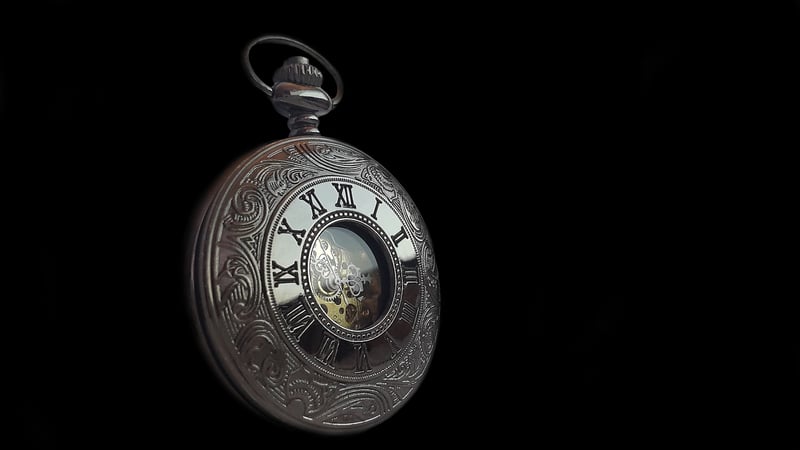Butterfly Effect
Navigating Time Conundrums and the Butterfly Effect
Time travel has been a captivating topic in science fiction for decades, often leading to intricate plots and mind-bending paradoxes. One of the most famous concepts associated with time travel is the Butterfly Effect, which suggests that small changes in the past can have significant impacts on the future.
The Butterfly Effect Explained
The Butterfly Effect is a theory that proposes a small event, like the flapping of a butterfly's wings, can set off a chain reaction of events that culminate in larger effects, such as a hurricane occurring on the other side of the world. This idea highlights the interconnectedness of events in a nonlinear system, where even minor changes can lead to drastic consequences.
Time Travel Paradoxes
When it comes to time travel, several paradoxes can arise, challenging our understanding of cause and effect. The most well-known paradox is the Grandfather Paradox, where a time traveler goes back in time and prevents their grandfather from meeting their grandmother, thus preventing their own birth. This paradox raises questions about the possibility of changing the past and the implications it might have on the future.
Navigating Time Conundrums
While time travel remains a theoretical concept, pondering its implications can be a fascinating exercise. Writers and filmmakers have explored various ways to navigate time conundrums in their stories, often using devices like alternate timelines, parallel universes, and closed time loops to create compelling narratives.
Conclusion
Time travel and the Butterfly Effect offer intriguing possibilities for storytelling and philosophical reflection. Whether used as plot devices in fiction or pondered as scientific theories, these concepts continue to capture our imagination and challenge our understanding of the universe.


